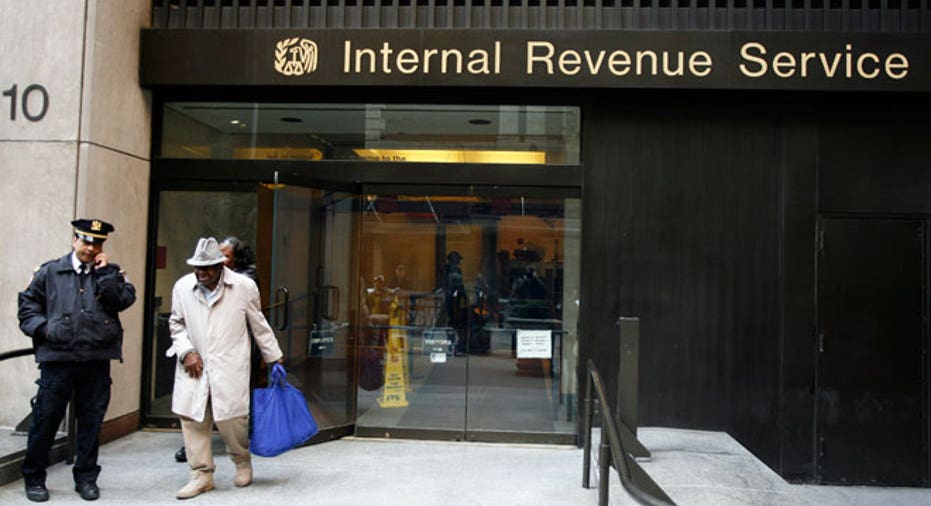5 Ways to Reduce Your Business's Year-End Tax Bill

For many business owners, December means employee gifts, holiday promotions and planning for the new year. It also means it's time to review business tax plans, which can often be an expensive process. When federal, state and investment income taxes are taken into account, tax attorneys estimate that small business owners will be facing an effective tax rate of 40 percent or higher.
"This is the first time in many years that tax professionals and their clients are having to face such tax rates," said Jim McCarten, partner at Burr & Forman LLP.
What can business owners do to reduce their year-end tax bill? McCarten offered these five tips for reviewing your 2013 tax plans:
[REVIEWED: The Best Tax Software]
Maximize the use of qualified plans, including 401(k)s and/or IRAs. One of the maxims of tax planning is to defer tax for as long as possible to get yourself to a situation in which you are in a lower tax bracket when you begin to pull the funds out of the plan.
Align your investment and tax strategies. Make sure you, your CPA and your investment adviser have reviewed your portfolio and aligned your investment strategy with your tax strategy and needs, especially if your income is approaching the threshold for application of the net investment income tax. This new tax, which went into effect on Jan. 1, 2013, applies a 3.8 percent tax to certain net investment income if your income is above a statutory threshold amount, depending on your filing status.
Pull cash out for capital gains or qualified dividends. The rates imposed on long-term capital gains and qualified dividends are still significantly more favorable when compared to regular income-tax rates. If business owners can pull cash out of the business in a manner that allows it to be taxed as a qualified dividend — which usually requires that the company be a regular corporation for tax purposes and not a flow-through entity — or capital gain, the maximum tax assessed against that income will be 15 or 20 percent. Depending on the taxpayer's modified adjusted gross income (MAGI), you may also avoid the net investment income tax.
Spread out your gains. Selling a business or real estate asset, and spreading the gain out over several years can keep your MAGI below the applicable threshold for imposition of the net investment income tax. If this is the case for your business, consider structuring the transaction as an installment sale in which at least one payment is received after the tax year of the sale.
Be proactive. Don't assume your CPA, tax lawyer or financial adviser are going to automatically suggest ways to structure your finances to minimize your tax liability. Tax planning must be complete before year-end, and if you don't specifically inquire whether there is anything you should be doing, your professional advisers are likely to assume that you are happy with your current tax strategy. You must be proactive and inquire about changes you can make to reduce you tax burden.
Originally published on BusinessNewsDaily.



















